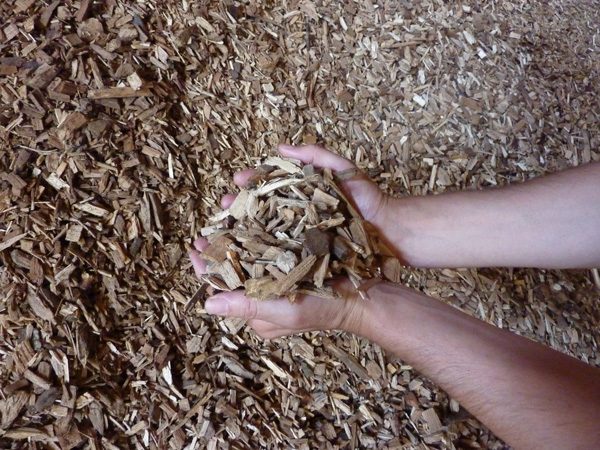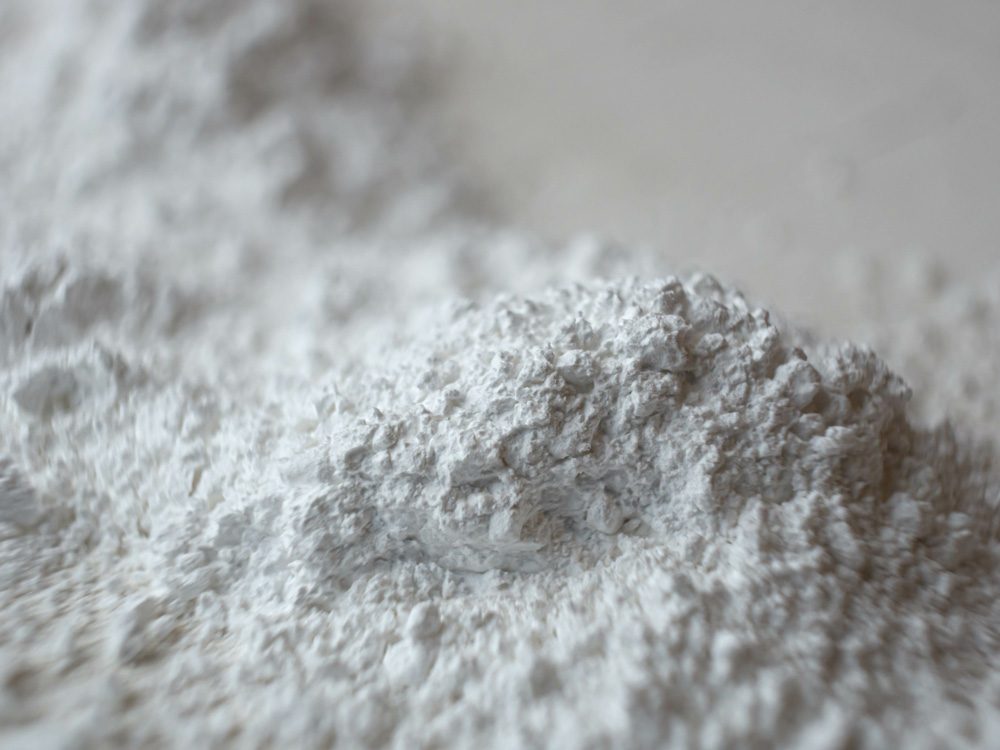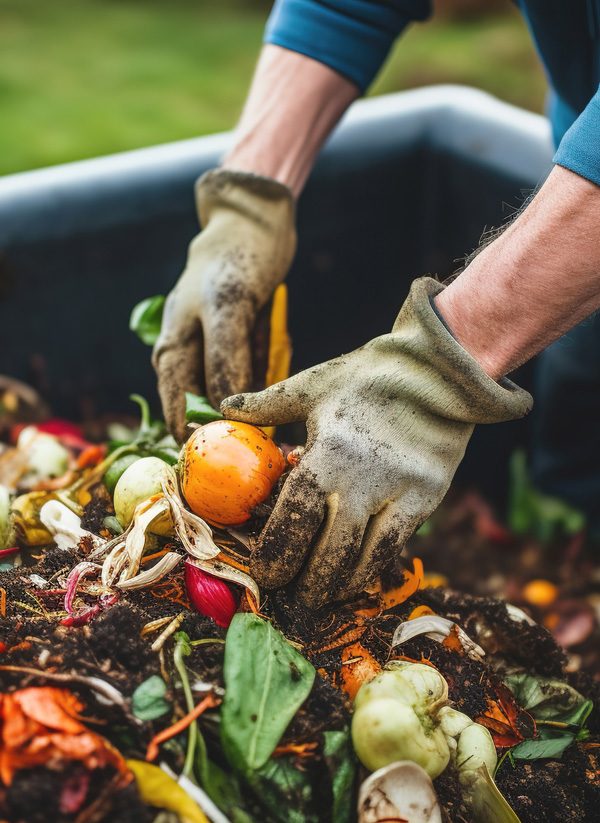Around 20% of waste sent to landfills is organic. This means there is a whole lot of space taken up in landfills with materials that don’t need to be in there. And when food is trapped in landfill, the nutrients it contains are also trapped.
Composting is a natural way of recycling that keeps food scraps out of landfill and returns their nutrients to the soil. It also means this natural waste does not release harmful greenhouse gases like it would if it was buried in landfill.
Composting instead breaks down food into a rich material that enhances soil and makes it fertile and fruitful. It’s a beautiful thing.
Green Gorilla is one of the Auckland’s leading compostable waste collection services. All the food and compostable waste that we collect is taken to a commercial compost facility in Tuakau.
Here, it is shredded and blended with other compostable waste then laid out into air-assisted windrows, allowing a constant flow of oxygen to pass through the material.
COMPOSTING PROCESS
- The first phase of composting is called a thermophilic breakdown which means the waste material sits at 70°C. At this temperature, viruses and bacteria are killed and tough substances like polylactic acids and wood chip are broken down.
- The heat is produced and maintained by aerobic bacteria working to break down the waste. That’s why the constant flow of oxygen is necessary.
- The product is then filtered to remove any material larger than 5mm.
The high-quality compost is now ready to be used on the orchards and farms in the Pukekohe and Bombay regions.
It’s the perfect example of the circular economy and we’re proud to play our part in it.



